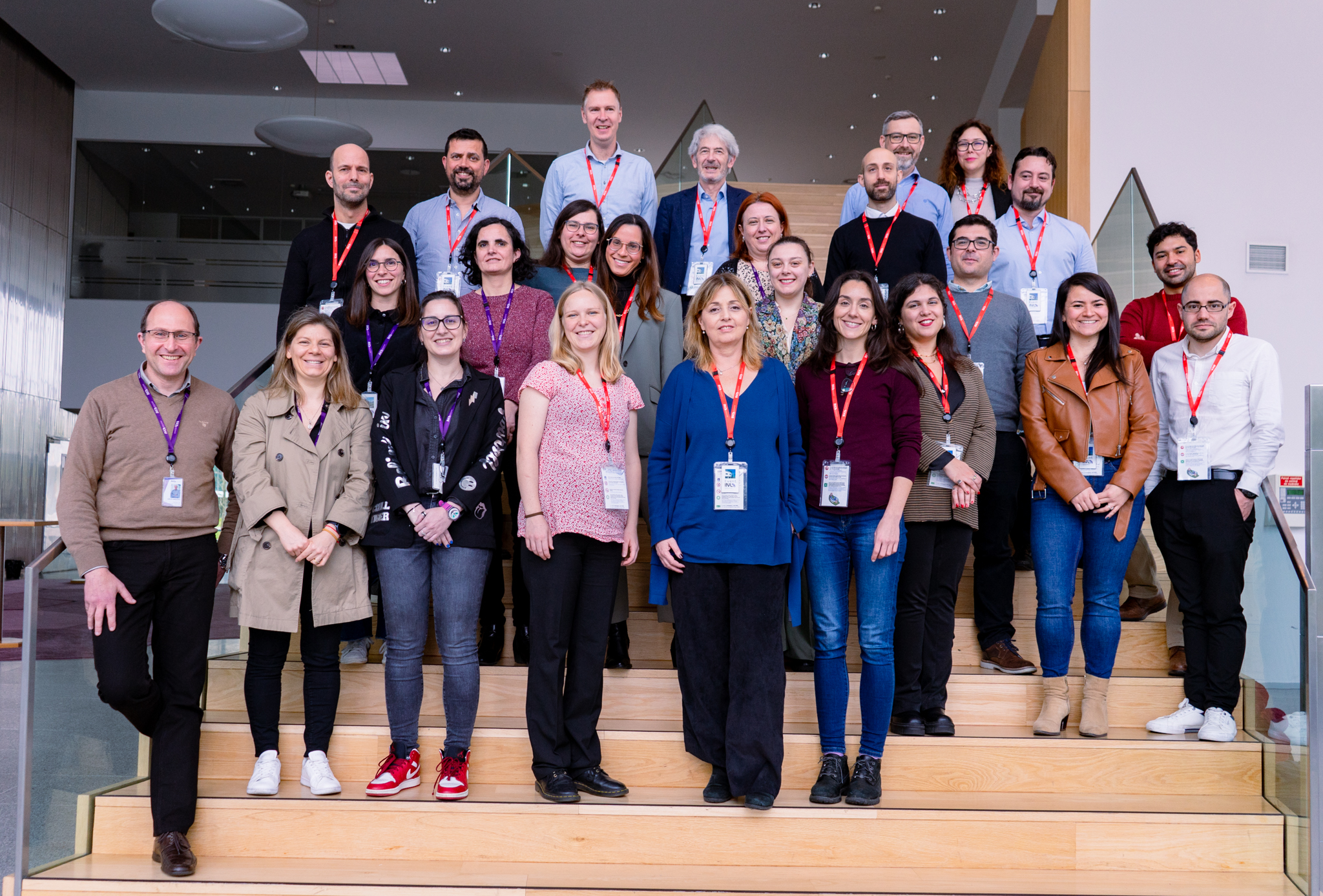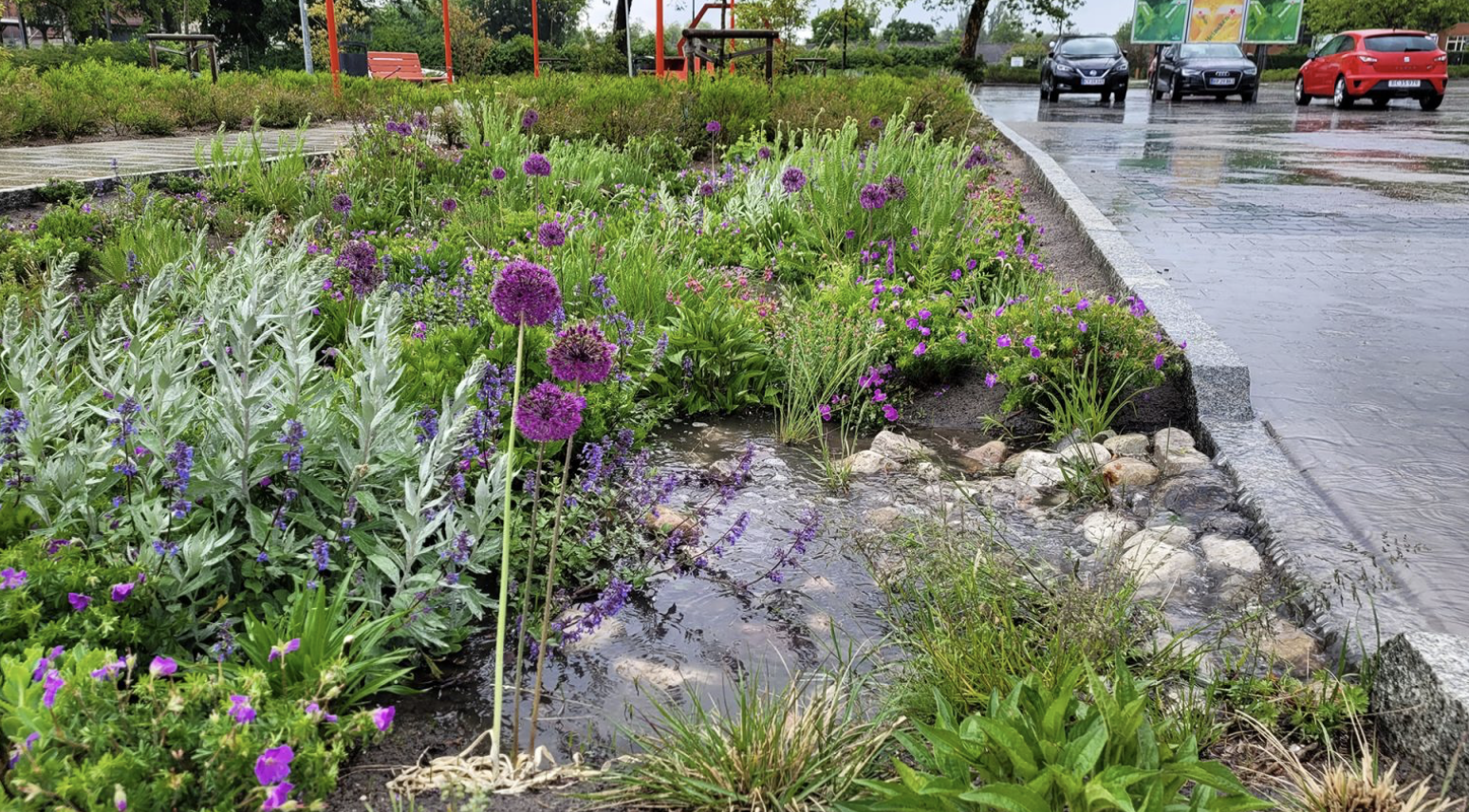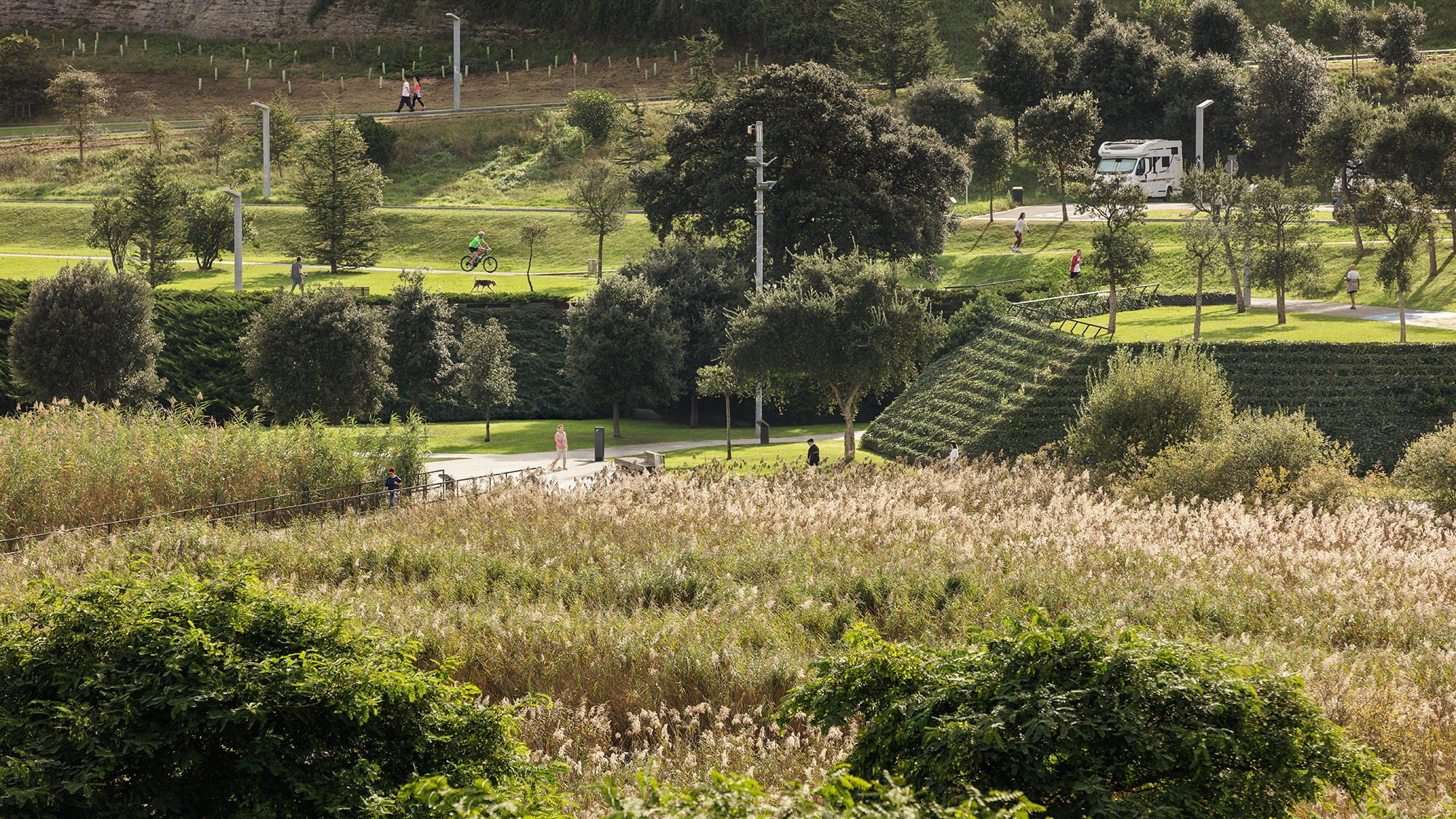
D4RUNOFF partners reunite in Braga for the General Assembly meeting
Since the last General Assembly meeting in Paris, six months have swiftly passed, and we couldn’t have been happier to reunite in Portugal to assess and discuss further the progress we’ve made in our project.
The 2nd General Assembly took place in the beautiful city of Braga between 14 and 15 March, gathering our team, which is spread throughout Europe, for two days of intense discussions and co-working sessions. Partners presented their work and the developments in the D4RUNOFF project, focusing on innovative solutions for urban water management challenges.
Here’s a glimpse into the exciting progress made across various work packages.
The day started with some welcoming words from our coordinator Uffe Linneberg Gangelhof VandCenter Syd followed by our partners Jan Christensen from the University of Copenhagen and Anders Johnsen from GEUS who discussed the developments in non-target screening methods for Contaminants of Emerging Concern (CECs). With over 150 chemical components analysed in 33 runoff samples from 6 EU regions, valuable insights into stormwater pollutants and antibiotic resistance were shared.
Laura Rodriguez-Lorenzo from INL showcased advancements in novel sensors for detecting microplastics, metals, and organic contaminants, paving the way for enhanced monitoring capabilities. Alejandro Roldan and Valerio Andrés Valeri from the University of Cantabria presented a comprehensive library of Nature-based Solutions (NbS) and criteria for prioritising their implementation. Integration of Multi-Criteria Decision Analysis (MCDA) into GIS systems promises to optimise NbS deployment and hybrid drainage system creation.
Finally, the team from ITG provided updates on the AI-Assisted Platform, highlighting key functionalities such as data gathering, risk assessment, and policy-making modules. This promising tool aims to revolutionise decision-making processes in urban water management.
And, the first day ended with Alma Skjold Knudsen VandCenter Syd sharing insights on validation and testing processes, while Evdokia Bairampa from Three o’clock discussed the project’s dissemination and communication activities.
The 2nd day of the GA started with the exploitation workshop facilitated by Dr. Olga Glumac, focusing on co-designing the commercialization roadmap for the project’s Key Exploitable Results (KERs). Partners collaborated in smaller groups to identify actions, milestones, and potential obstacles, driving forward the project’s impact and innovation.

And the most special part? Our host, INL, arranged an interesting tour of the laboratories, where we had the opportunity to see the sample processing modules for D4RUNOFF, the prototypes, and the Raman-based sensors used to measure microplastics.
We would like to thank once again our partner, INL, for the excellent organisation and their continuous support and we invite you all to continue following our journey as we are moving towards the second half of the project, as we still have many surprises in store and milestones to achieve!


